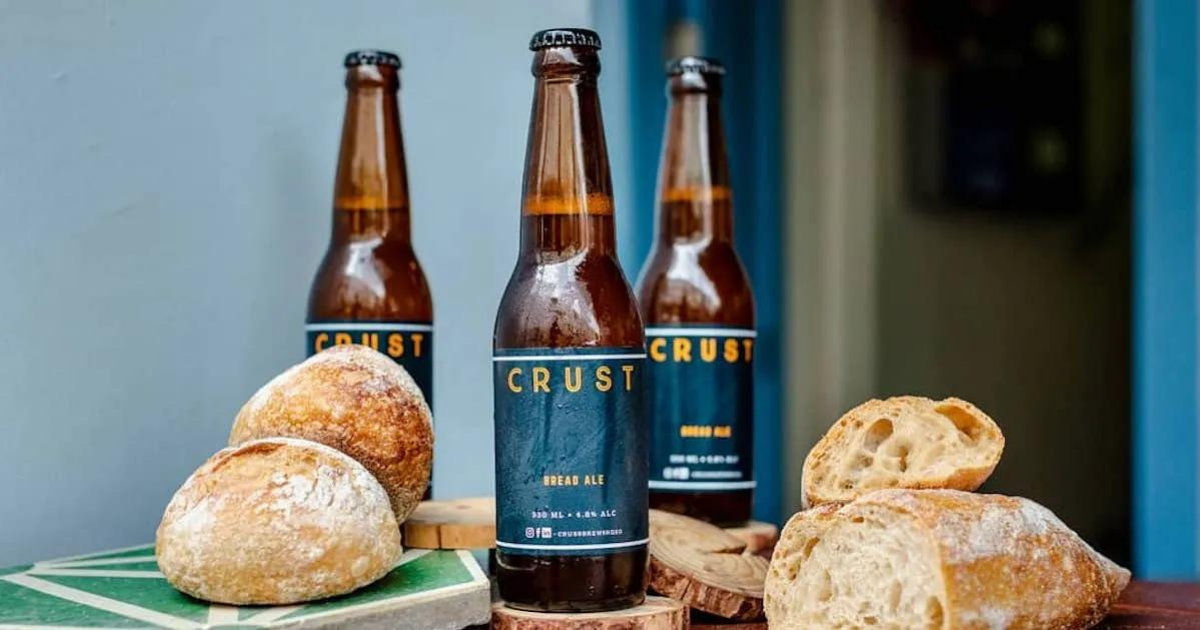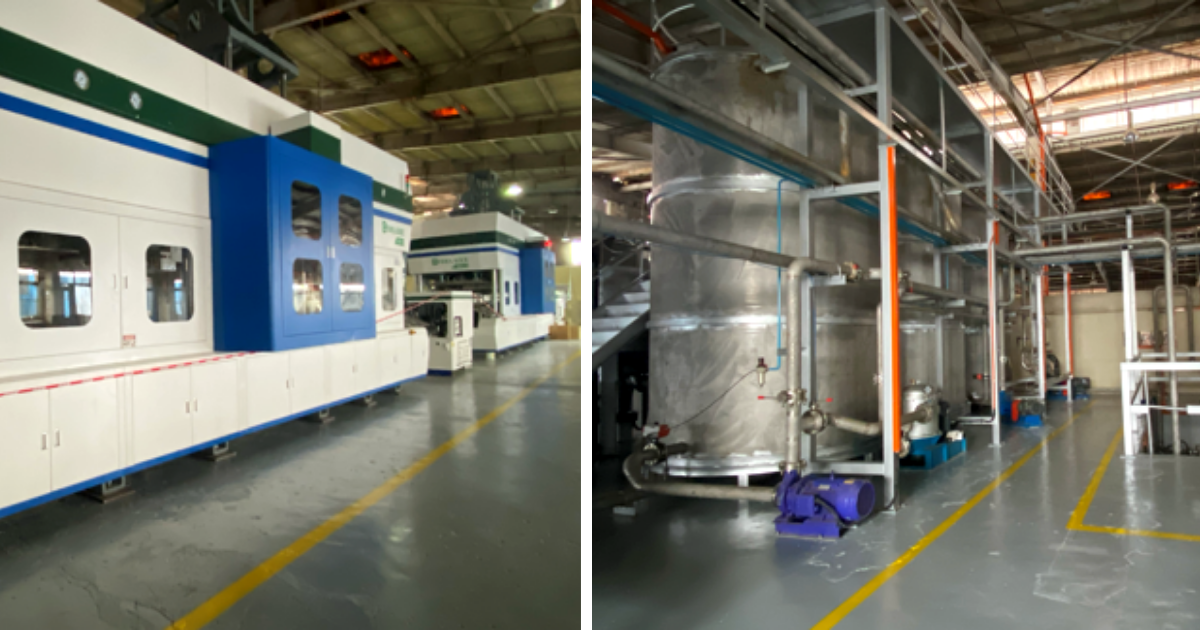It’s such a waste to waste. In fact, there is serious opportunity in recycling and reducing waste, with the World Economic Forum estimating the circular economy to generate US$4.5 trillion (S$6.1 trillion) in global economic benefits by 2030.
At home, the Singapore government has allocated around S$220 million under the Research, Innovation and Enterprise 2025 (RIE2025) Urban Solutions & Sustainability (USS) domain to drive new initiatives in water technologies and resource circularity.
Here are three homegrown companies that already getting in on the action, by turning unwanted throwaways into viable products.
CRUST Group

Where we would discard leftover bread and unwanted fruit peels, CRUST strikes gold.
The Singapore foodtech startup upcycles food waste and surplus ingredients by transforming them into unique beverages and food products.
With food and retail brands like Tiong Bahru Bakery, it has turned surplus bread and other surplus ingredients into a beer called ‘Beerguette’. It has also created a range of non-alcoholic beverages, such as sparkling water and sodas, from fruit and vegetable waste.
The business was started by CEO Travin Singh in 2019, after failed attempts to brew his own beer from bread. Today, it’s certainly no home-based hobby, with CRUST’s unique technology finding favour overseas.
In November, the startup clinched new investments and collaborations to help it expand in Japan following a market immersion programme co-organised by Enterprise Singapore.
CRUST continues to invest in innovation, with an aim to expand beyond beverages. Pancake mix made from spent grain? It might just happen.
Far East Packaging Industrial

At this homegrown company, waste materials such as sugarcane pulp and old newspapers are turned into packaging – an innovation that’s gaining interest among clients as consumers shift away from using plastic.
Currently, there is a method of producing packaging from upcycled pulp, called dry press pulp moulding. But the process can potentially cause more pollution if the wastewater that’s generated is not treated properly. Also, the resulting products often don’t look sleek.
Thus, the company saw an opportunity and invested in a new wet press pulp moulding technology, setting up a joint venture with a new partner to pursue the project.
Despite Far East Packaging’s more than 40 years in the industry, the company still underwent many rounds of experimentation with the new technology before producing a “decent product”.
And the firm is keen to keep refining the technology – one drawback is the higher energy consumption, so there are plans to invest in solar panels to power it.
Alpha Biofuels

Last July, a ship transporting bulk cargoes sailed from Singapore to South Africa. But it was no ordinary voyage – the colossal vessel was powered by biodiesel converted from used cooking oil.
The biodiesel is the brainchild of Alpha Biofuels, which converts it from cooking oil collected from local food manufacturers, food and beverage businesses and households. In 2014, the company had also made the news for helping Westin Singapore turn its waste cooking oil into biodiesel for cars that ferry guests from the airport to the hotel.
The key to Alpha Biofuels’ success is cost effectiveness and quality, says chief executive and founder Allan Lim. When in talks with potential customers, the company focuses on helping them adopt a biodiesel blend that is cost effective and that can help them hit their decarbonisation goals.
In addition, “through careful formulation and production, we are able to produce biofuels that have a longer shelf life, which in turn translates to a lower cost for our customers”.
Going green is good for business
Develop capabilities in sustainability and capture new opportunities in the green economy with the new Enterprise Sustainability Programme.
Support under the programme includes defraying the cost of projects related to sustainability strategy development, resource optimisation, sustainability standards adoption and product development.
Sustainability unscrambled
What’s the difference between green finance and greenwashing?
Sustainability is all abuzz today. Explore some of the buzzwords and what they mean, in this green glossary.

